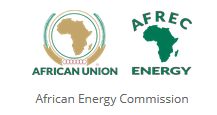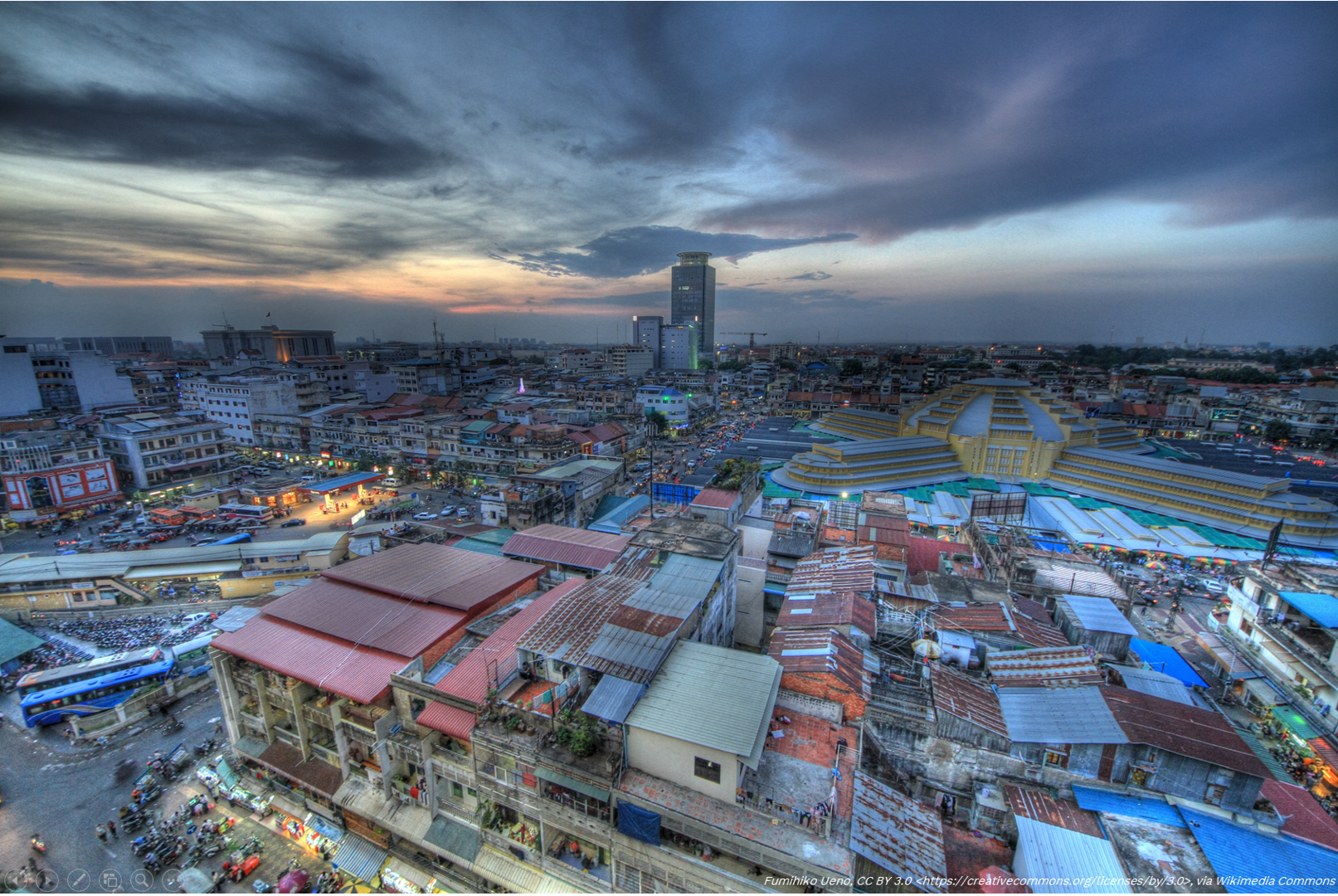Benin: Supervision of electricity grids works in Dakomey
In Benin, as part of the PRERA project which IED is the project manager and financed by AFD, which aims to extend SBEE's electricity grids in the commune of Abomey Calavi and 81 villages in the Atlantic department, it is planned to electrify the lake village of Dakomey in the district of Ganvié 2, in the commune of So-Ava.
As the lake environment is a special area made up of floating villages on the water, in-depth studies had to be carried out by IED and the works company, in order to find an adequate technical solution to ensure the safety of the population and the integration of the electricity grids in a tourist environment whose preservation is sensitive, while respecting the standards in force.
The studies have thus made possible to define an innovative solution in Benin, with the construction of a 2.8 km HTA underground line and the installation of a tailor-made reinforced cable. This HTA line will cross navigable channels, at the bottom of the water, and the cable will be protected by cast iron shells. As for the low-voltage overhead grids, the use of composite supports proved to be appropriate for the sensitive natural environment of the area. These two technologies constitute a major technological innovation for the Beninese national network of the SBEE.
In addition, works in such an environment can only take place during the period of low water level, i.e. in a window of a few months between November and March, with specific logistical means such as, for example, the use of floating barges. The company began the works in December 2021 and the commissioning of the works is scheduled for March 2022 !





 Energy statistics are critical to support data-driven decision making and policy development in the energy sector in Africa. They allow for the analysis of current and historical trends, but also lay the foundations for prospective analysis and integrated energy planning, approaches that have gained in importance as African governments begin to combine their energy sector development strategies with long-term considerations on climate change mitigation and adaptation. Despite their importance, many countries struggle to generate comprehensive, reliable and timely statistics as a result of lack of resources or capacity, limited availability of input data, or other challenges.
Energy statistics are critical to support data-driven decision making and policy development in the energy sector in Africa. They allow for the analysis of current and historical trends, but also lay the foundations for prospective analysis and integrated energy planning, approaches that have gained in importance as African governments begin to combine their energy sector development strategies with long-term considerations on climate change mitigation and adaptation. Despite their importance, many countries struggle to generate comprehensive, reliable and timely statistics as a result of lack of resources or capacity, limited availability of input data, or other challenges.

 SUNREF Côte d'Ivoire is a system of loans and investment bonuses intended to finance Energy Efficiency and Renewable Energy projects led by private sector actors. Following SUNREF West Africa, AFD signed new guarantee agreements with the banks Société Generale CI and NSIA for the opening of new green finance lines for a total amount of €17 million.
SUNREF Côte d'Ivoire is a system of loans and investment bonuses intended to finance Energy Efficiency and Renewable Energy projects led by private sector actors. Following SUNREF West Africa, AFD signed new guarantee agreements with the banks Société Generale CI and NSIA for the opening of new green finance lines for a total amount of €17 million.
